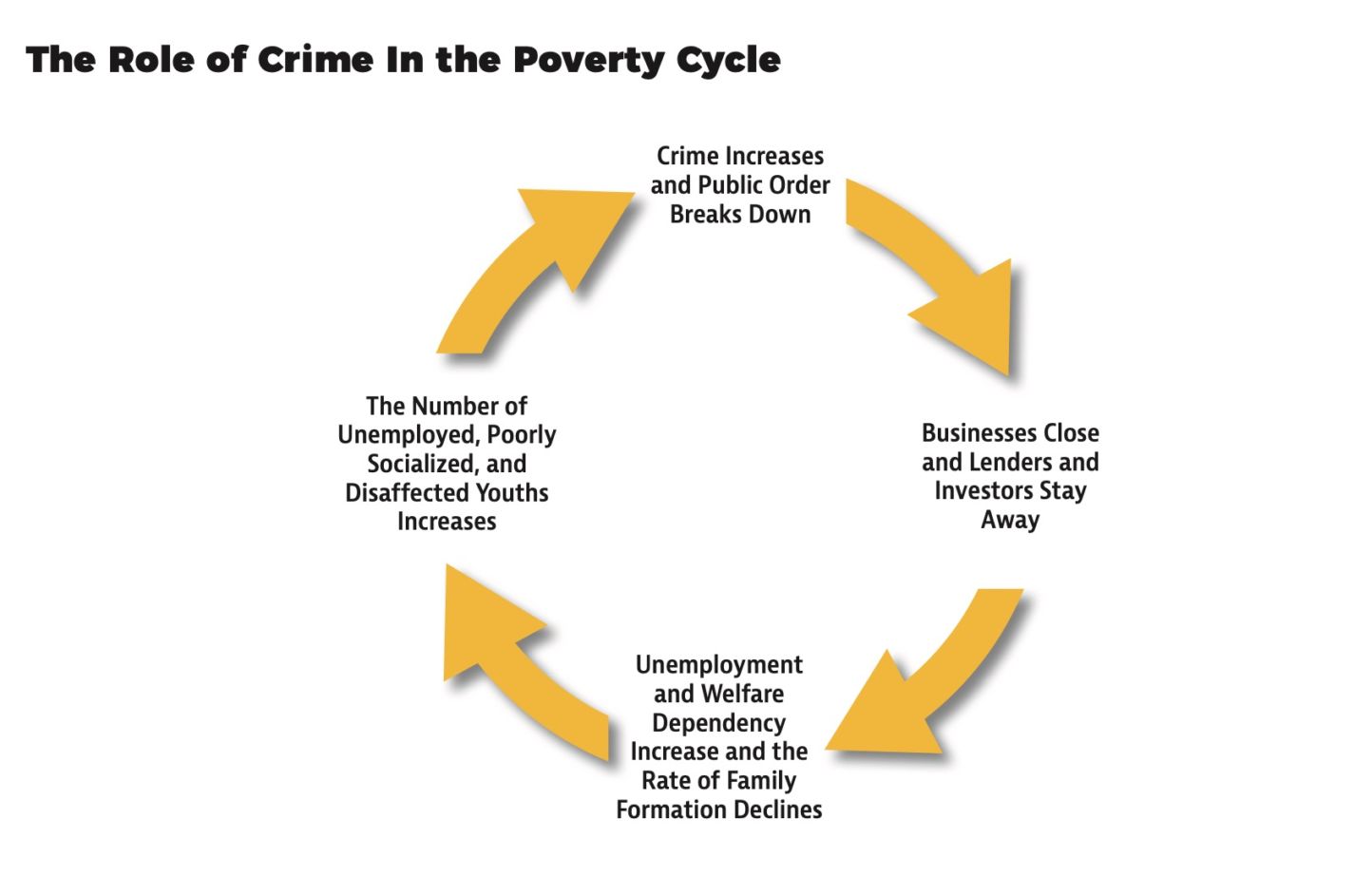The first time crime really hit home for me was when a thug pointed a gun at a family member’s head while she was making an after-hours bank transaction. Thankfully, he decided to leave her in tears rather than dead on the pavement. I was shocked. Shocked to my core. This life or death moment occurred in an area of town I’d always considered ‘safe.’ Suddenly, my truth wasn’t true anymore.
I started listening more closely to the stories the police officer in my family would tell at get-togethers. Some touched my heart. He was able to comfort people who were experiencing the worst of life. His ‘just the facts’ exterior belied the warm caring soul he used to help the scared and vulnerable. It’s why my blood boils when I hear the Left trash the police and paint them as uncaring brutes. I’m willing to bet they’ll still call 9-1-1 for help despite their anti-cop bluster.
Other stories about life on the streets as a cop in a big city scared me to death. Anger. Cruelty. Jealousy. Hate. A lot of it often leading to violence the police were expected to quell and investigate. Rolling up to a domestic disturbance call in the dead of night is a huge roll of the dice for cops. As he once explained to my family, a cop never knows who is friend and who is foe. Who has a weapon and who doesn’t. Who is advancing on you for help, and who is advancing on you with the intent to kill. We expect them to make instantaneous assessments – and to always be right.
Worse yet, a lot of the mayhem occurred in the very area of the city he’d grown up in. What was once a collection of safe working-class neighborhoods had become a collection of dangerous alleyways and sordid businesses. Families were leaving. Kids were no longer playing freely outside. The experience shocked him in the same way the gun-to-the-head robbery had shaken me.
Both neighborhoods I’ve described were fundamentally changed once crime became commonplace. Crime was the beginning of a destructive downward spiral in which crime leaves to poverty, despite the often-heard notion that poverty leads to crime. Locke’s Jon Guze describes it succinctly in the graphic below, which is part of his research report on the need for intensive community policing. As crime goes up, businesses close, investors stay away, unemployment goes up, opportunity dries up, poverty grows, etc.

Those who call for justice for the poor should heed this reality. In his report, Jon explains that intensive community policing has proven successful at deterring crime and maintaining order, which leads to safer communities and fewer people living in poverty.
He recommends four steps for policymakers:
(1) hire more police officers
(2) increase the pay for police officers
(3) arm police officers with state-of-the-art training, direction, and support
(4) deploy police officers as “peacekeepers” in communities that suffer most from crime and disorder.
I can only hope it’s not too late for the communities that have meant so much to me and my family.


